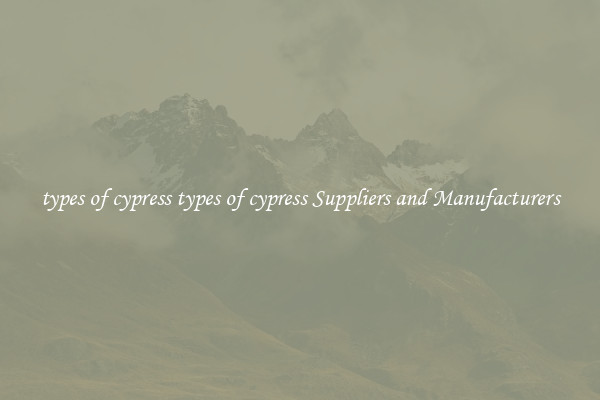electrical energy types, electrical energy types Suppliers and Manufacturers
Electrical Energy Types: Suppliers and Manufacturers

Electrical energy is one of the most important forms of energy in today's world. It is used in various fields, including transportation, manufacturing, and household applications. There are different types of electrical energy, each with its own unique characteristics and uses. In this article, we will explore some of the common electrical energy types and the suppliers and manufacturers associated with them.
1. Renewable Electrical Energy:
Renewable electrical energy is generated from sources that are replenished naturally, such as sunlight, wind, and water. It is considered more environmentally friendly as it does not produce harmful emissions like fossil fuels. Some well-known suppliers of renewable electrical energy include companies like Siemens and Vestas, which specialize in wind energy solutions. Another supplier is SunPower, which provides solar panels for residential and commercial use. These suppliers work closely with manufacturers who produce the necessary equipment and components for renewable energy generation.
2. Non-Renewable Electrical Energy:
Non-renewable electrical energy is generated from sources that, once depleted, cannot be replenished, such as oil, coal, and natural gas. These sources of energy have been widely used for decades but are associated with various environmental issues, including greenhouse gas emissions and pollution. Some of the leading suppliers of non-renewable electrical energy are major oil and gas companies like ExxonMobil, Chevron, and Shell. These suppliers often work closely with equipment manufacturers, such as General Electric, Siemens, and ABB, who provide turbines, generators, and other devices for energy production.
3. Nuclear Electrical Energy:
Nuclear electrical energy is generated through the process of nuclear fission, in which the nucleus of an atom is split to release a significant amount of energy. This type of energy is highly efficient and produces large amounts of power. Suppliers of nuclear electrical energy include companies like Exelon, EDF, and Duke Energy, which have nuclear power plants in various countries. These suppliers work together with manufacturers such as Toshiba, Areva, and Westinghouse, who provide nuclear reactors and associated equipment.
4. Hybrid Electrical Energy:
Hybrid electrical energy refers to the combination of different energy sources, such as renewable and non-renewable ones, to provide a more sustainable and reliable power supply. Some suppliers offer hybrid energy solutions, including Wärtsilä, which provides hybrid power plants for remote areas and islands. These suppliers often collaborate with manufacturers that specialize in integrating different energy sources, such as Schneider Electric and ABB.
In conclusion, electrical energy types are diverse and have different implications for the environment and sustainability. Renewable energy sources are gaining popularity due to their lower emissions and long-term availability. Suppliers and manufacturers are playing a crucial role in advancing electrical energy technology and providing solutions to meet the increasing demand for clean and efficient power. As the world transitions towards more sustainable energy systems, the role of these suppliers and manufacturers will continue to evolve, ensuring a brighter and greener future for all.

View details

View details

View details

View details






